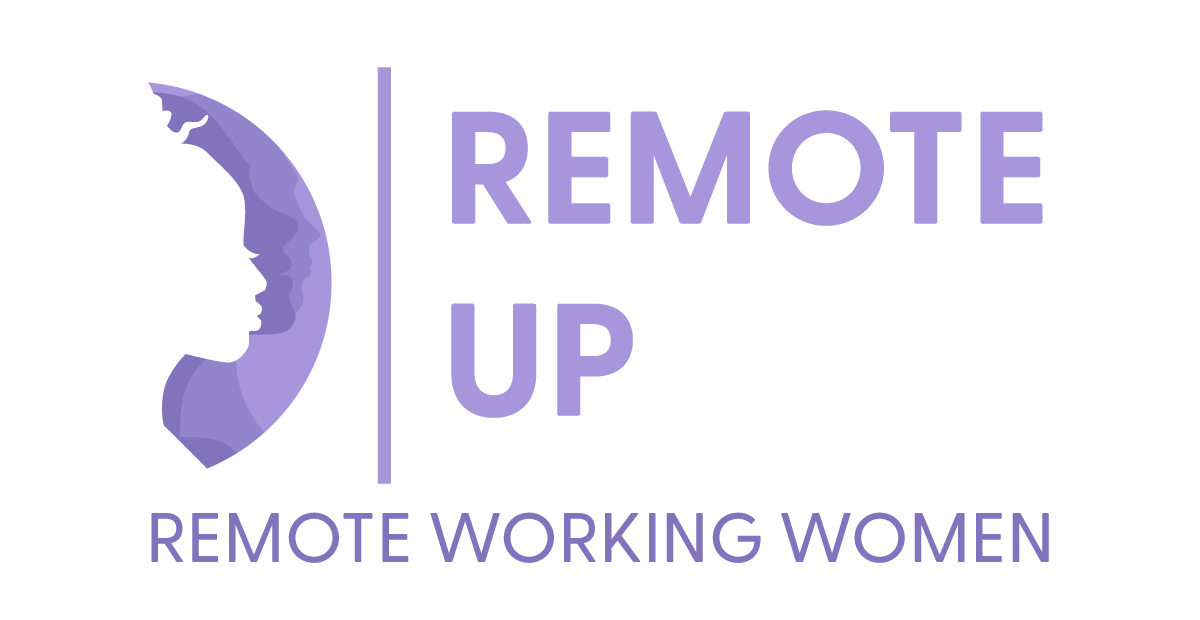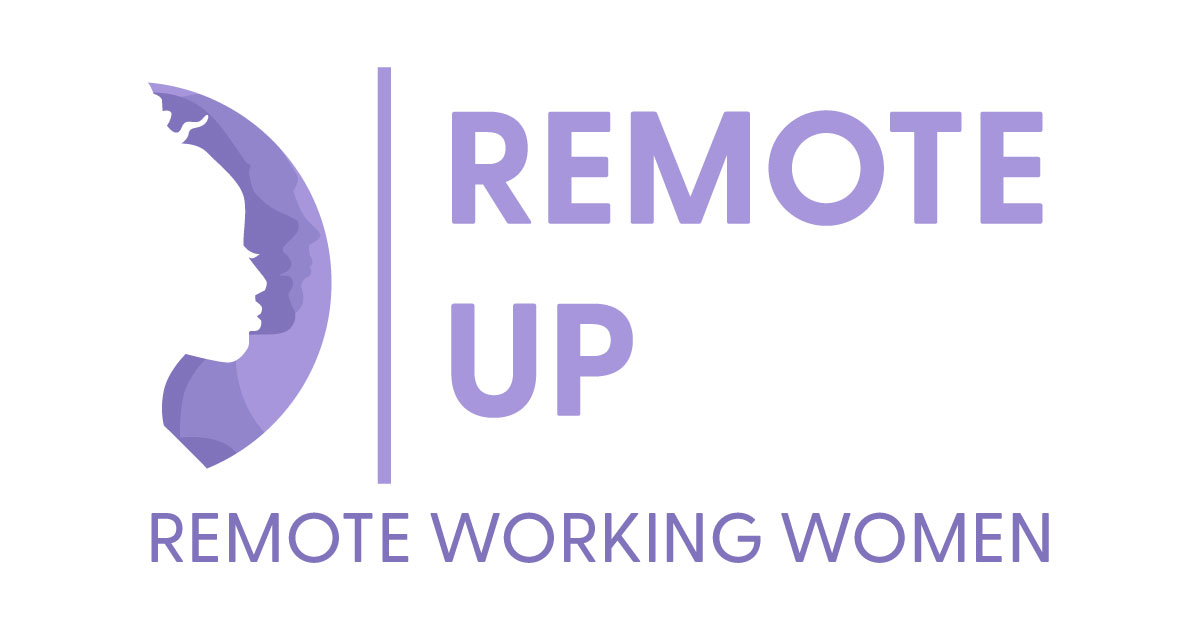The concept of remote work has witnessed an unprecedented surge in recent years, propelled by technological advancements and global events such as the COVID-19 pandemic. As we delve into the future, it becomes increasingly evident that remote work is here to stay, reshaping the way businesses operate and redefining employment dynamics. In this blog, we will explore the future of remote work, its profound impact on businesses, and the evolving landscape of employment.
- Breaking Boundaries and Unlocking Global Talent
One of the key advantages of remote work lies in its ability to transcend geographical boundaries. With remote work becoming increasingly mainstream, businesses can tap into a vast pool of global talent. Organizations are no longer constrained by physical location when hiring employees, enabling them to assemble diverse teams with unique perspectives and expertise. This global talent acquisition has the potential to drive innovation and foster a more inclusive work environment.
- Enhanced Productivity and Work-Life Balance
Remote work empowers individuals to work in environments that best suit their needs, fostering a healthier work-life balance. By eliminating lengthy commutes and providing flexible working hours, employees gain the freedom to structure their workdays in a way that optimizes their productivity. This increased autonomy often leads to higher job satisfaction, lower stress levels, and ultimately, greater productivity.
- Cost Savings and Sustainability
For businesses, the transition to remote work can yield significant cost savings. Organizations can reduce expenses associated with office spaces, utilities, and other overhead costs. Moreover, remote work can contribute to a more sustainable future by curbing carbon emissions resulting from daily commutes and minimizing the overall environmental footprint of traditional office setups.
- Embracing Technology for Seamless Collaboration
In the remote work era, technology serves as the backbone for seamless collaboration and communication. Tools such as video conferencing, project management software, and cloud-based document sharing enable teams to collaborate effectively regardless of their physical location. As technology continues to advance, we can expect further innovations that enhance remote work experiences, promoting efficient teamwork and knowledge sharing.
- Evolving Employment Landscape
The rise of remote work has transformed the employment landscape in several ways. Traditional 9-to-5 office jobs are giving way to more flexible arrangements, with remote and hybrid models becoming increasingly prevalent. As companies embrace remote work, they may also witness a shift towards project-based work and gig economy platforms, allowing individuals to pursue multiple opportunities simultaneously and work on a freelance basis.
- Challenges and Adaptation
While remote work brings numerous benefits, it also presents challenges that need to be addressed. Maintaining a sense of connection and belonging among remote employees, fostering effective communication, and ensuring cybersecurity are some of the hurdles businesses must navigate. Moreover, striking the right balance between work and personal life can be a challenge for individuals, as the lines between the two become blurred in a remote work setup. Adapting to these challenges requires thoughtful strategies, robust policies, and ongoing support from organizations.
As we peer into the future, remote work emerges as a transformative force reshaping the business landscape and redefining employment norms. By embracing remote work, businesses unlock the potential of global talent, enhance productivity, and reduce costs while contributing to a more sustainable world. However, it is crucial for organizations and individuals to address the challenges and adapt to the evolving nature of work. With the right mindset, tools, and strategies, the future of remote work promises to be an exciting era of innovation, collaboration, and empowerment.

